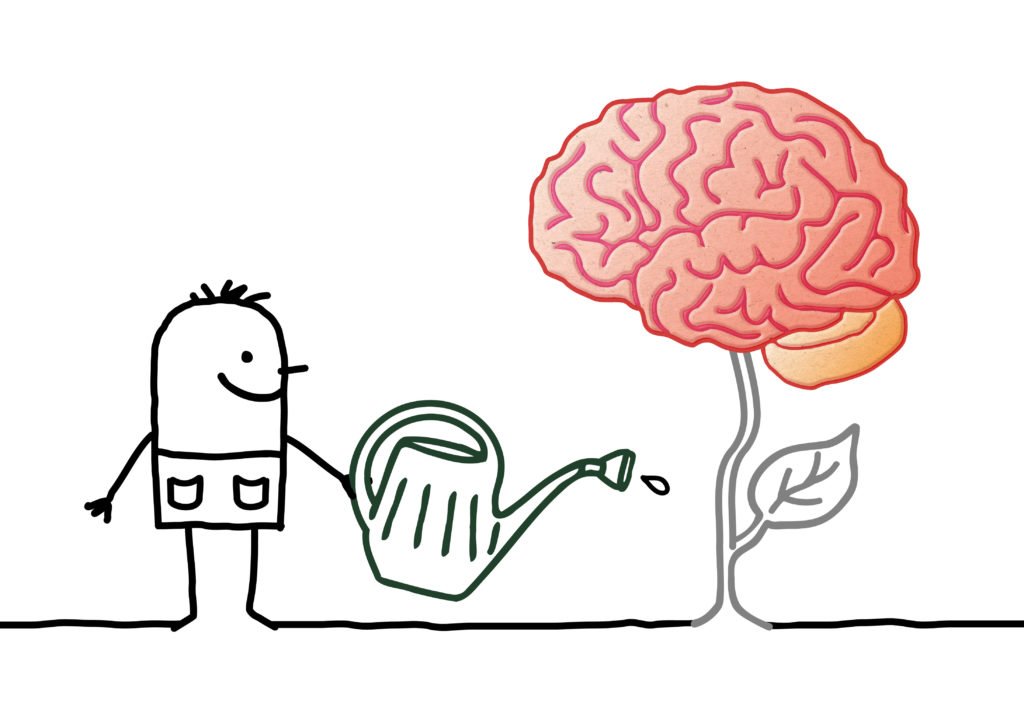5 Ways To Be Happier in 2020
Are you trying to help your clients live better in 2020? Read our suggestions for how to make 2020 a better year for your clients and help them feel their best!

Get a Houseplant (or several!)
Did you know that houseplants not only look pretty but can remove harmful particles in the air and can make your space feel more calming? Like having a pet, plants are a responsibility. This can provide a feeling of reward – having to care for something and watch it thrive, which in turn can be relieving for mild depression and anxiety. Want to know more about how houseplants can be life-changing? Read more about it here.

Dig Into Healthy Food
It’s no secret that a diet rich in whole foods, complex carbohydrates, healthy fats, lean proteins, low in sugar, and high in diversity leads to feeling more energized. Foods rich in Omega-3 fatty acids support heart and brain health. Some foods great for brain health include walnuts, fatty fish, green vegetables, and whole grains. Help your client look at their diet to identify changes that they can make to encourage healthy eating.

Engage Your Inner Child and Play
Keeping active and social is the key to psychological well-being and physical fitness. Encourage your client to become involved in team sports or a recreational league. Both of these options are great ways to stay active and socialize with others. Moving the body also releases key endorphins, which make us feel happy after we have exercised. When we spend time with friends, we also get a release of neurotransmitters which cause us to feel happy.

Take a Break from Social Media
It is easy to get trapped behind the black screen and compare your life to others. Platforms such as Instagram and Facebook can be too prevalent in our lives. Sometimes, a “cleanse” can help our brains learn to not compare our lives to others. Have your clients try going off the grid for a week or two, see how they feel, and help them evaluate how they want social media to be involved in their life.

Challenge the Mind
Keeping cognitively stimulated helps our brains maintain important neural connections and form new ones. The formation of new connections is called neuroplasticity. This happens when we learn a new skill, such as playing a musical instrument or a sport. For some people, working with a therapist providing cognitive training or rehabilitation services can help if they are suffering from a medical condition. Ask your clients if they are interested in receiving these kinds of services and develop a therapy plan to help them improve their cognitive functioning.
Conclusion
There are many ways to live a happy and healthy life. Adding nature into your client’s space or having them go outside, eating well, keeping active and connected with their community, disconnecting from social media and challenging your cognitive skills are some suggestions we have for helping your clients live a better life in 2020. If you are a clinical provider looking to provide cognitive remediation therapy, check out our tool here for free.









